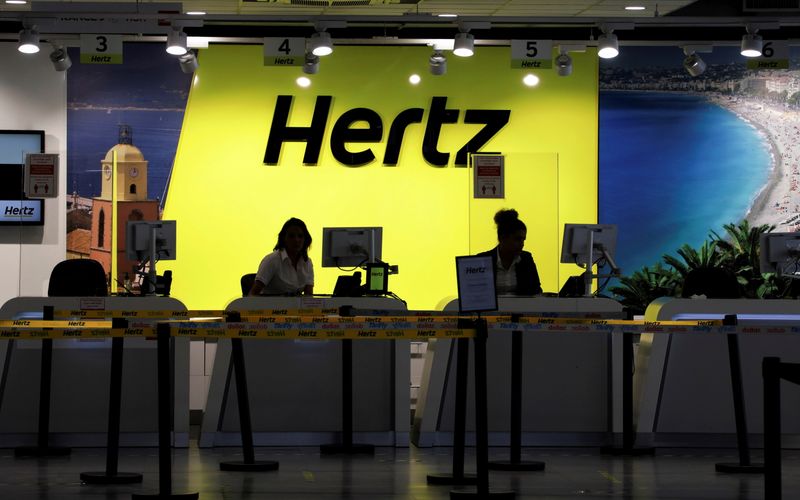This post was originally published on this site

“we believe next year will be a transition year for HTZ.” Wrote analysts in a note. Highlighting ongoing challenges to the company’s EV initiative, higher vehicle interest expenses, and higher DPU.
Oppenheimer’s latest estimation suggests Hertz’s 2024 EBITDA to be $823 million, a decrease from the previous projection of $1,215 million. The vehicle interest expense (non-GAAP) is expected to rise to approximately $500 million compared to $380 million in the 2023 estimate due to the absence of the interest rate cap benefit that occurred in 2023.
Additionally, the depreciation expense is anticipated to increase by around $300 million, reaching $300 per unit per month. Analysts attribute this change to escalated vehicle costs and a decrease in gains.
Oppenheimer expects the company’s fleet size to remain flat YoY at ~545K vehicles, keeping its fleet size inside the demand curve, to hold RPDs flat YoY. Hertz will also likely severely limit their EV deliveries.
Analysts wrote in a note, “Overall, we believe 2024 will be a transition year marked by EV challenges, higher depreciation, higher vehicle interest expense and nominal FCF. As a result, we move to the sidelines.”
Should the rental company work through its EV issues and restore FCF to higher levels, Oppenheimer will revisit its rating on Hertz.
Shares of HTZ are up 6.20% in afternoon trading on Wednesday.

